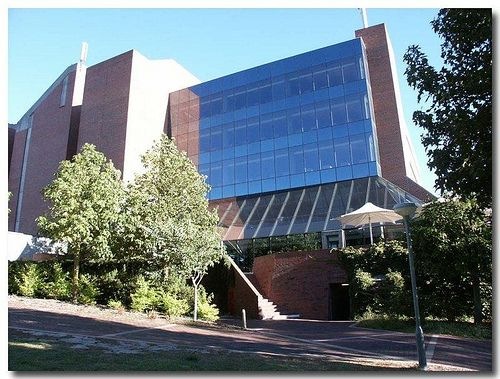 There’s a common underlining basis for the award of a Ph.D after all those years of slogging. Firstly, your work has to constitute a substantial and important contribution to the body of knowledge. Secondly, the conduct through which you produced your work has to bear favorably against scrutiny.
There’s a common underlining basis for the award of a Ph.D after all those years of slogging. Firstly, your work has to constitute a substantial and important contribution to the body of knowledge. Secondly, the conduct through which you produced your work has to bear favorably against scrutiny.
But outside that underlining basis for the award, there’s little other similarity. One conference I attended during my first year as a doctoral candidate included a keynote speech presenting research studying Ph.D candidates in Australia. Ph.D programs vary vastly across regions, and to a lesser degree, across universities.
For instance, some Ph.D programs are structured. You spend a substantial amount of time doing coursework modules on research and analysis methods first before you start on your actual project. Other Ph.D programs drop you right into the deepest end of the ocean, and you’re left to figure it all out. My program belonged to the latter sort! I didn’t have any substantial experience in qualitative forms of research, and were it not for the close supervision and advice which I benefited greatly from, I would have got lost quickly in the quagmire known as “understanding research”, and all the paradigms, frameworks, data instruments, explorative and interpretivistic methods, ethical considerations that are mixed into the rojak.
And that’s just the methodological part of the process. As if that was not already overwhelming, I also had to deal with the problems posed from an unfamiliar domain. I was trained in engineering, and I liked facts and applications. Social studies into virtual worlds is anything but factual. What you get is subjectivity, experiences, tons of casual and anecdotal evidence (but which reveal a lot), and theories and philosophies pouring out of every nook and cranny. Understanding Software Engineering reference books is a cakewalk compared to the social studies research papers and publications that were required reading.
Moreover, the research area itself was both old and new. New because of the environment: small scaled virtual worlds had existed for just slightly more than 10 years, and there was only a smattering of published research on it. Old because it dealt with human behavior, and any effort to contextualize human behavior even in a new environment would require you first to understand the basis for human persons acting the way they do, for well, well since Adam and Eve.
It was also during the Ph.D program that I realized the importance of the Library. As an undergrad, I’d typically bought rather than borrowed reference materials. However, the sheer volume of research materials in post-grad studies made purchasing even a small fraction of those materials a far too costly proposition. So it was the library, and I had to learn quickly how to make use of it.
Fortunately, Curtin had a great library (picture here) setup. And as a post-grad student I was given loan privileges close to that of staff. Moreover, loan periods in this library were by default indefinite until someone else requested for the item. Research databases were accessible via search engines – there were many and I’m not referring to Google here – were also instrumental in helping me filter through the several hundreds of thousands of publications in the domain.
And the paper printing, oh my. Ling tells me that she has to be careful with paper usage in her school. As post-grads, we printed like no tomorrow, on quality 80gm paper. I’ve been through a couple of institutions now, and the only place where I’ve seen faster consumptions of paper reams is in those photostating shops in Bukit Timah Shopping Centre LOL.
The next post in the article is my recollection of my Candidacy.:)
Recent comments